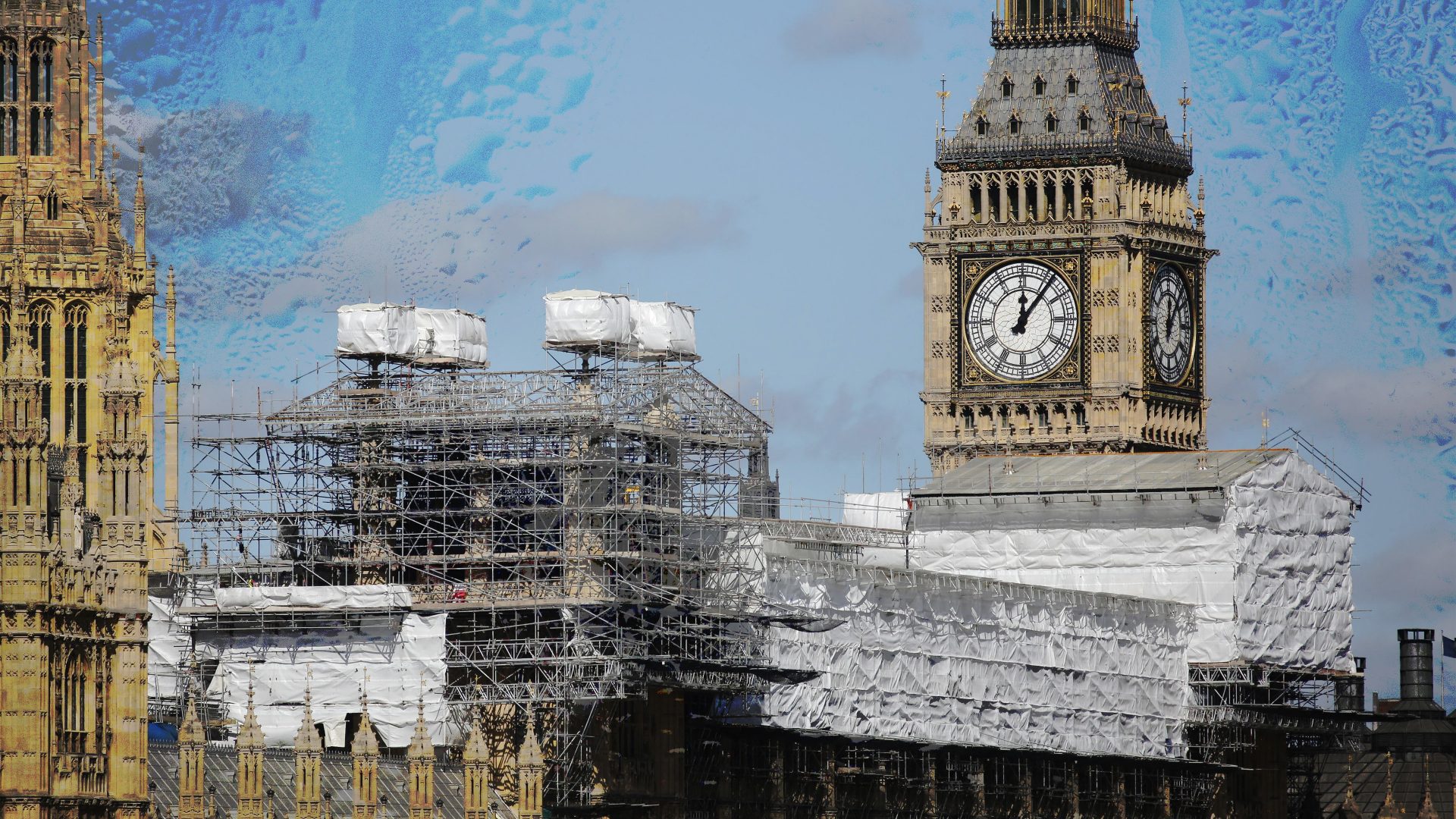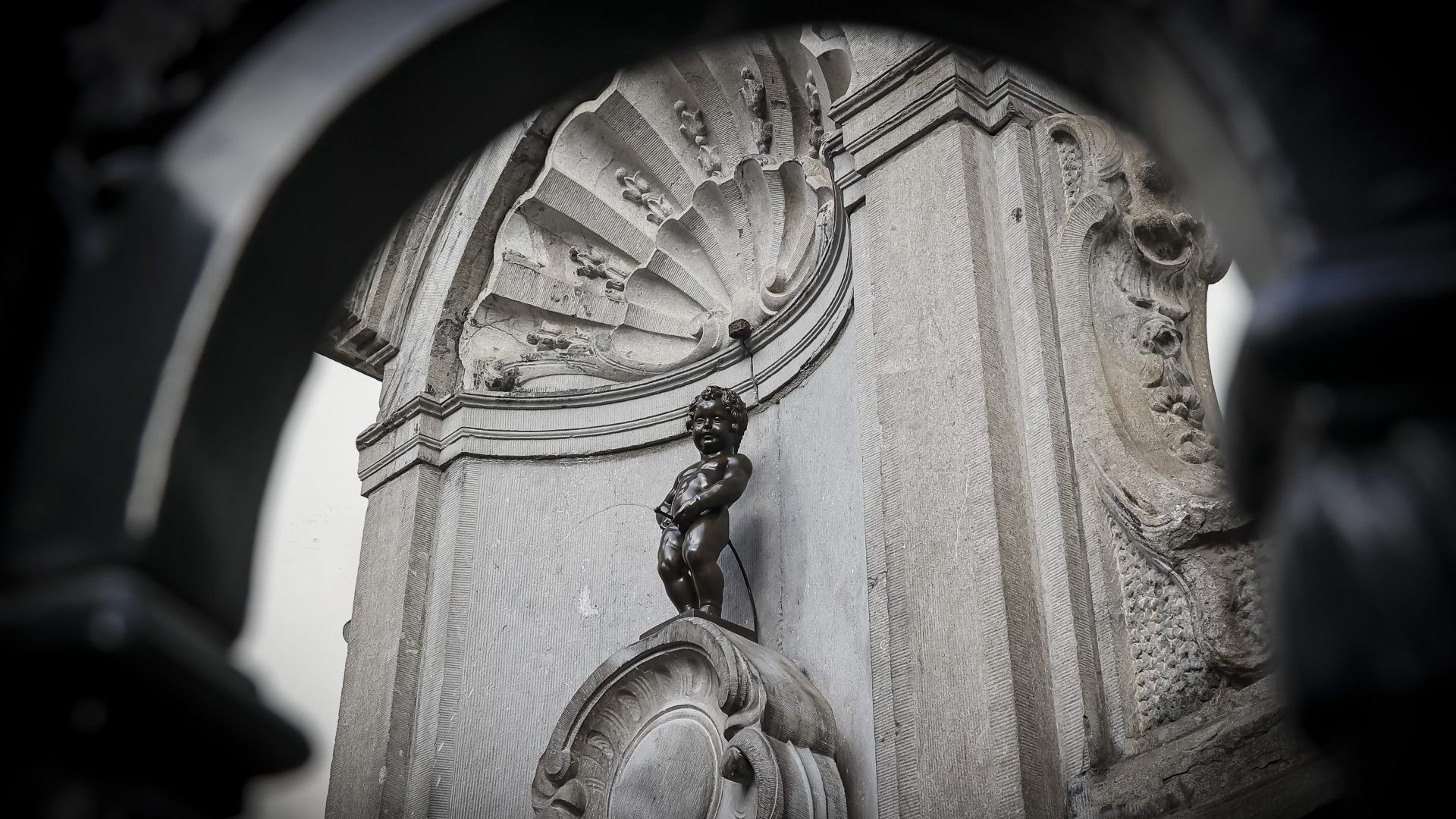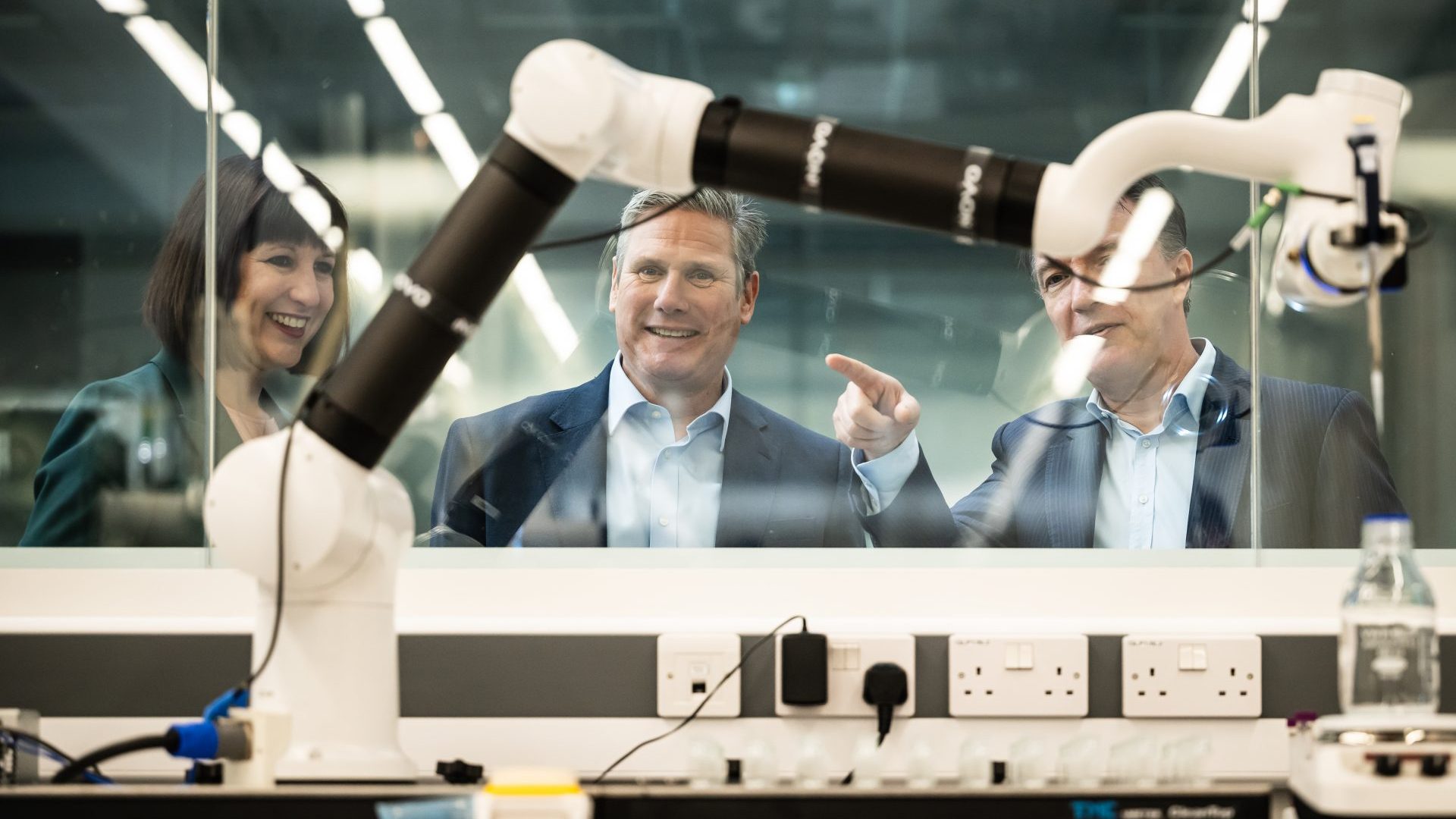Working in a Unesco world heritage site must count as a great privilege, but does not make for maximum efficiency or comfort. As the Christmas trees were being discarded and the new parliamentary term got under way this week, those of us familiar with life in the Palace of Westminster were pondering just how many thermal vests and scarves would be necessary to cope with a heating system that is prone to prolonged chilly sulks after any holiday switch-off.
The antiquated boilers constitute just part of the massive infrastructure problem that lurks behind the superficial grandeur of the place. For brave insiders, there are occasional tours of the basement areas to highlight massive tangles of cables that have been stitched together and patched up over decades, and the drainage systems that regularly fail to do their job. There are buckets everywhere, placed in knowing anticipation of leaks.
Successive governments have known that radical action was required to fix the Houses of Parliament, but have baulked at the potential bill. The current administration is likely to be no different. Only last week a Labour peer, Peter Hain, warned that Westminster could become the next “Notre Dame inferno” if it were allowed to linger in its current state. Years have been spent developing very expensive plans for totally refurbishing the building, but it seems nothing more will happen to those plans until late this year.
Meanwhile, the dangers will persist – and while the public may well be opposed to spending vast amounts of money on ensuring the safety of politicians, they might be a bit more sympathetic to the staff who work there and the individuals who visit.
Those of us who work there do enjoy some of its eccentricities, even though they may also be frustrating. Imagine, for instance, attending a meeting on how to legislate for AI where there is no hope of plugging in your laptop, but there is a plentiful supply of inkwells.
Compensation for this inconvenience can be found in the Peers’ Guest Room, where your cup of tea might be accompanied by the antics of the mice, which appear quite brazenly in search of cake crumbs and any other pickings.
Most workplaces have their share of odd characteristics, but parliament excels in this area, especially the Lords. The velvet and ermine robes that are so often caricatured only come out on ceremonial occasions, and in most cases the “ermine” is now unrelated to any creature that ever lived.
Nevertheless, there is still a lot of pomp and ritual that marks out every day in the Chamber. Many an old hand still manages to produce cries of “Order, order” from the sticklers for propriety by being on their feet when Lord Speaker is on his. As an ingenue, I was informed in all seriousness that, when the Lord Speaker stood up, the only option was to sit down immediately: “and if that means sitting on the knee of a bishop, then do that”. So far, it has not proved necessary.
One thing that has relaxed since my introduction to the Lords 14 years ago is the dress code. “Think smart funeral,” was the advice then, but the female members in particular now take a much more flexible approach. Baronesses seem more inclined to give priority to comfort, and the influx of younger members has even brought in bright pink hair without causing apoplexy.
Modernisation, though, comes only slowly. The working practices of Westminster remain rooted in the time of vellum and quill pens, and for people used to a digital way of life, this must seem like a different world. Apart from rare exceptional cases, for instance, the Lords sits from 2.30pm on Mondays and Tuesdays, 3pm on Wednesdays, 11am on Thursdays and, should it meet on a Friday, proceedings start at 10am.
Sittings regularly run until 10pm and sometimes later. Early on in my time there, long battles over the voting system resulted in all-night sessions, with makeshift dormitories for those who felt in need of some sleep. It is a relief to find that these events are highly unusual: the snoring in the library is bad enough to discourage any thoughts of sleeping in the Lords.
As this term gets under way, another rash of newcomers will be preparing to be formally introduced as members. I suspect they will have plenty of time to find their way around before parliament is moved out of the crumbling palace. If that ever happens, perhaps then we will be able to create a truly modern legislature.




